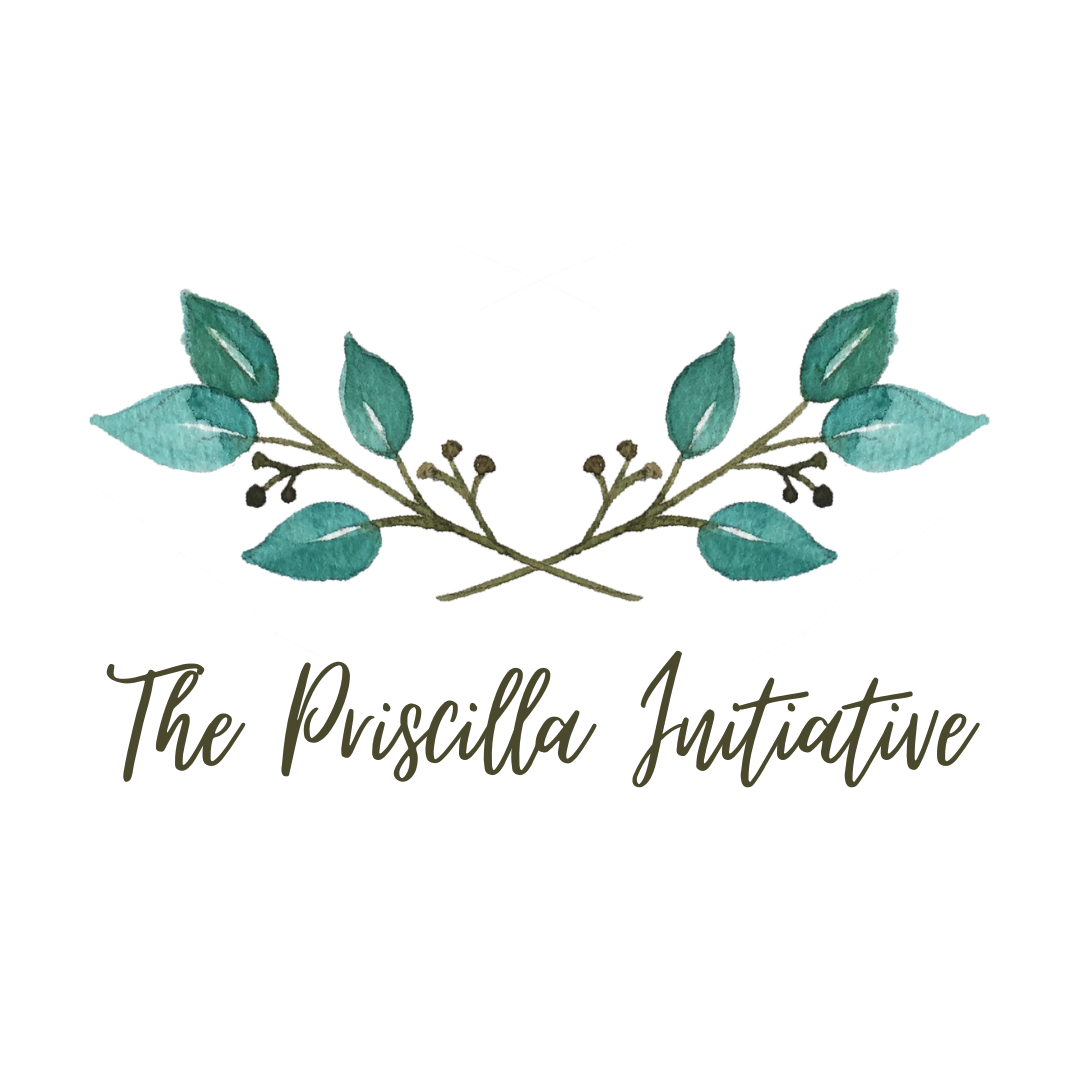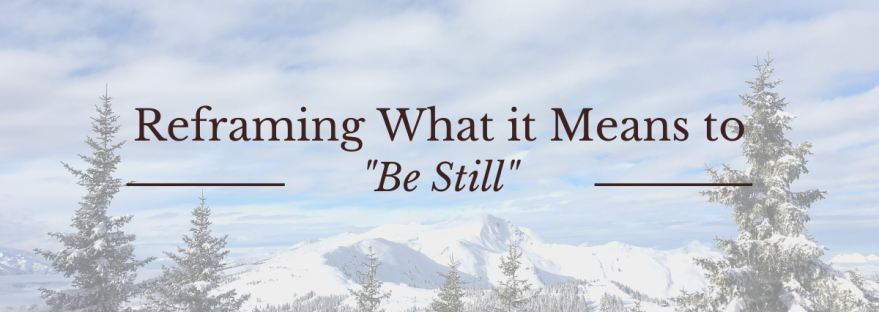Psalm 46: 10 tells us, “Be still and know that I am God.” That sounds so sweet and serene, doesn’t it? But it’s not some cushy recommendation, it’s a command.
Tag: Christian Mom
Leaning on the God Who Provides
We all know we’re supposed to trust God with our kids, with our precious little babies. But what does that look like when things hit home? What does that mean when living in this fallen world seems to invade the very fabric of our lives?


